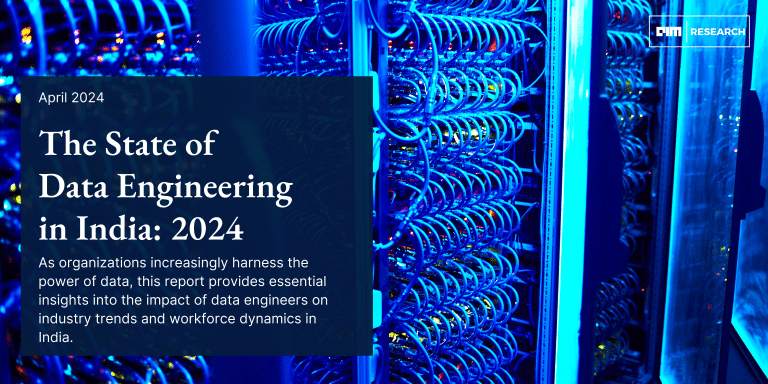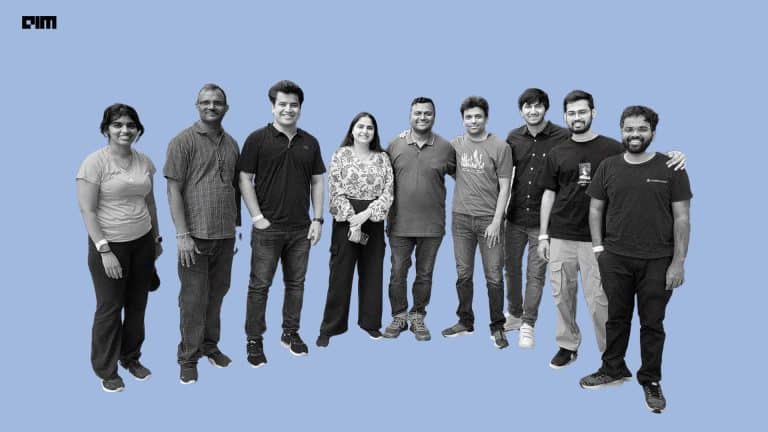Although widespread adoption of ‘data scientists’ has helped bring this field into prominence, there needs to be more awareness around how this broad field can be diversified.
If online data science job listings are anything to go by, the demand for this role has maintained a steady upward spiral over the last few years. This confirms the projections of internet soothsayers who talk about significant growth in data science in the coming years. In fact, one study estimates that the industry has grown to $3.03 billion in size and is expected to double by 2025.
Leading the fray is Head of Data Science at Quora Eric Mayefsky who additionally feels that this growth will be accelerated by certain changes, that will especially impact the career fundamentals of data science.
Anchored around several trends, these changes will give you a better understanding of what to expect in the future, and what you can do to take advantage of the coming opportunities:-
Diversification In Titles
This could be the biggest change that you may see within data science in the coming years. Even as more companies rely on data-driven teams and thereby, look to fill more data science positions, the truth is that most of them have little idea about how divergent the role could be. Expounded here, this leads to inefficient hiring processes, leaving employers disappointed or employees disillusioned, and sometimes both.
However, this hasn’t been the case for engineering roles. Most companies can clearly distinguish between a mechanical engineer and a product engineer, and this rings true even at the initial stages of the entire hiring process.
Although widespread adoption of ‘data scientists’ has helped bring this field into prominence, there needs to be more awareness around how this broad field can be diversified. Merely highlighting the value in hiring people to think about your product or service from a data perspective is not enough anymore.
However, with this role expanding wider and deeper across industries, it is likely to branch out into well-defined arms. This would also mean that the definition of data science will broaden and consequently, some specialisations will emerge.
More ‘Non-Tech’ Companies
A trend that has emerged in recent times is that companies which earlier identified themselves as ‘non-tech’, are beginning to position themselves as tech companies, and this is likely to continue.
A case in examples is banks. For instance, the term ‘analyst’ used in the context of this industry, might now be called a ‘data scientist’, as long as they are seeking to monetise the company’s data assets.
One of the main drivers for this trend is the copious amounts of data available today – and this has been increasing exponentially. What is more, fuelled by the rise of (Internet of Things) IoT and social media, this growth is not expected to slow down anytime soon.
The IoT market in India alone is reportedly likely to reach a whopping 2 billion connections by 2022. This is buttressed by the fact that not only are more devices coming online but with greater improvements in hardware, the type of data delivered will be more diverse.
The same goes for social media. According to Hootsuite, the number of social media users worldwide in 2019 rose up to 3.484 billion — recording an increase of 9% y-o-y. Moreover, in addition to traditional social media channels, the proliferation of blogs, online payment transactions, surveillance data, etc. are also adding to this vast trove of data. These sources of data will continue to grow with digitalisation, prompting companies to collect even greater amounts of information on customers to guide their business strategies.
Furthermore, the implications of this trend of increasing data will shore up to other areas, fueling the demand for data science in ‘non-tech’ companies.
Continue To Create Value
The field of Data science will continue to add a lot of value in your career – even when you are just starting out. And this will continue to hold true because of the demand increasing data will create for this role. Furthermore, this is true across roles — from a data analyst to a data engineer.
There is no fixed hierarchy in data science roles, and salaries range widely even within one role based on how overarching it is. This means that your career is fairly open-ended and you can move around and take on jobs according to your interests and skillsets.


















































































